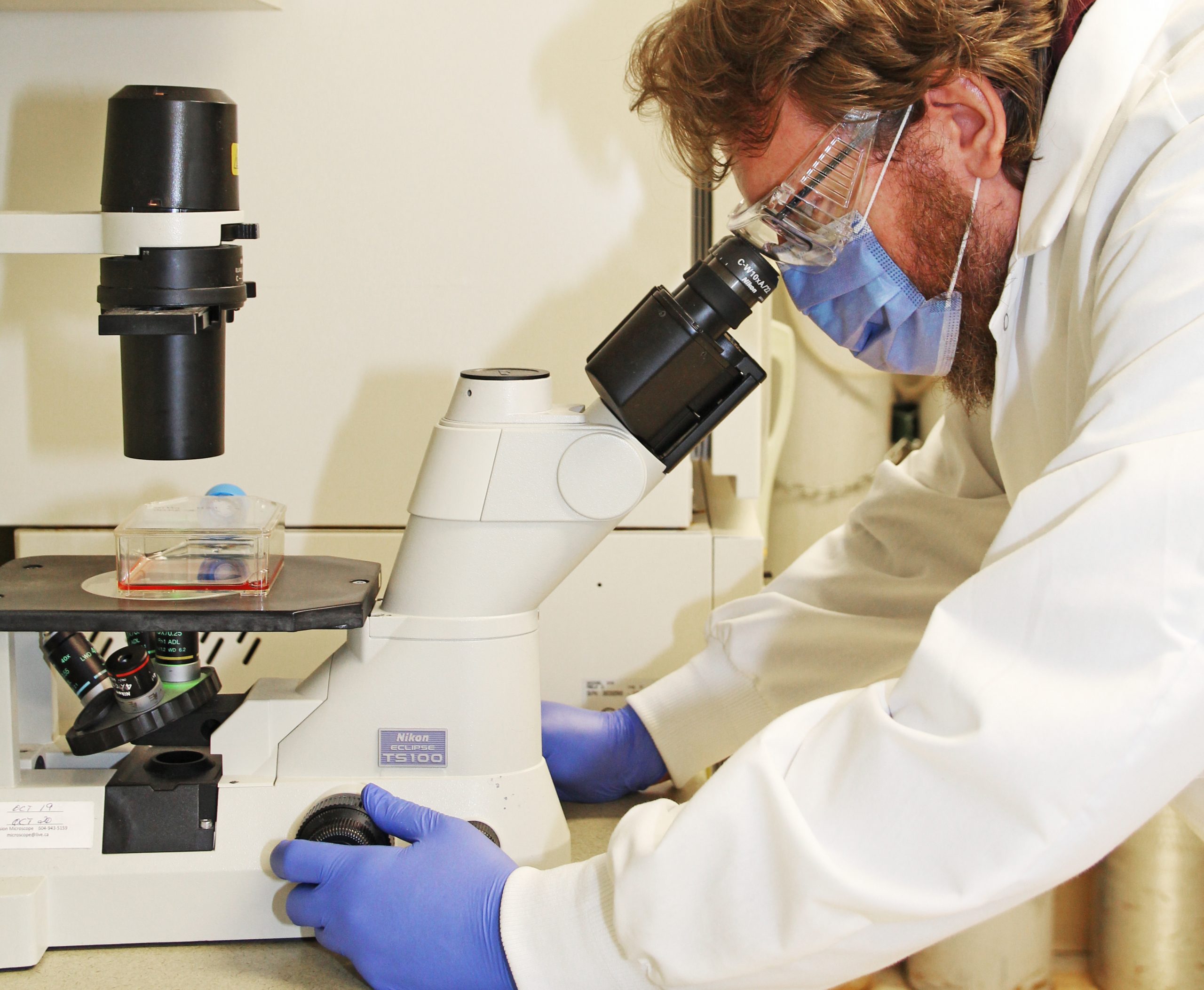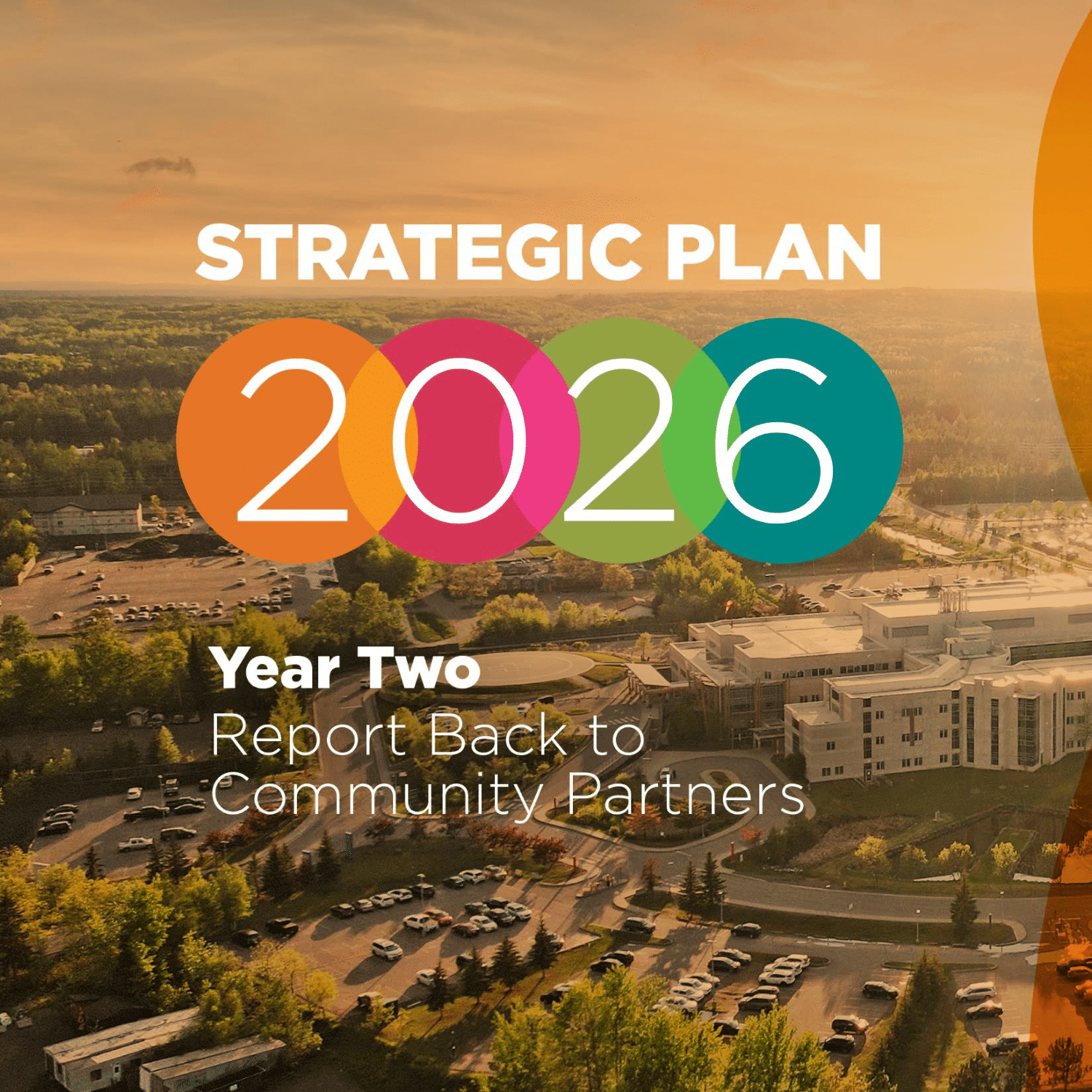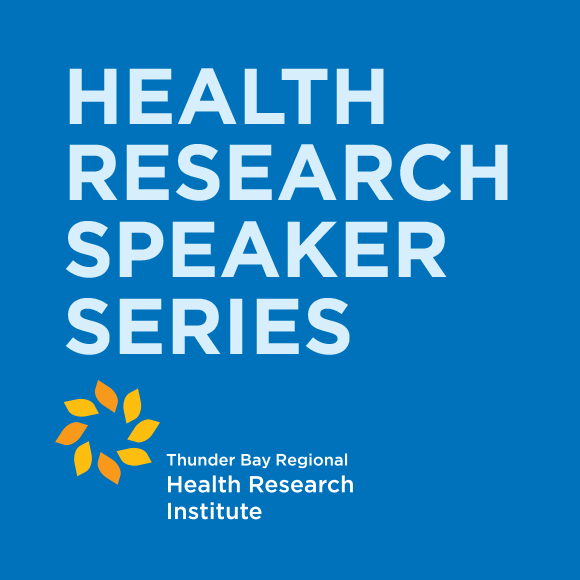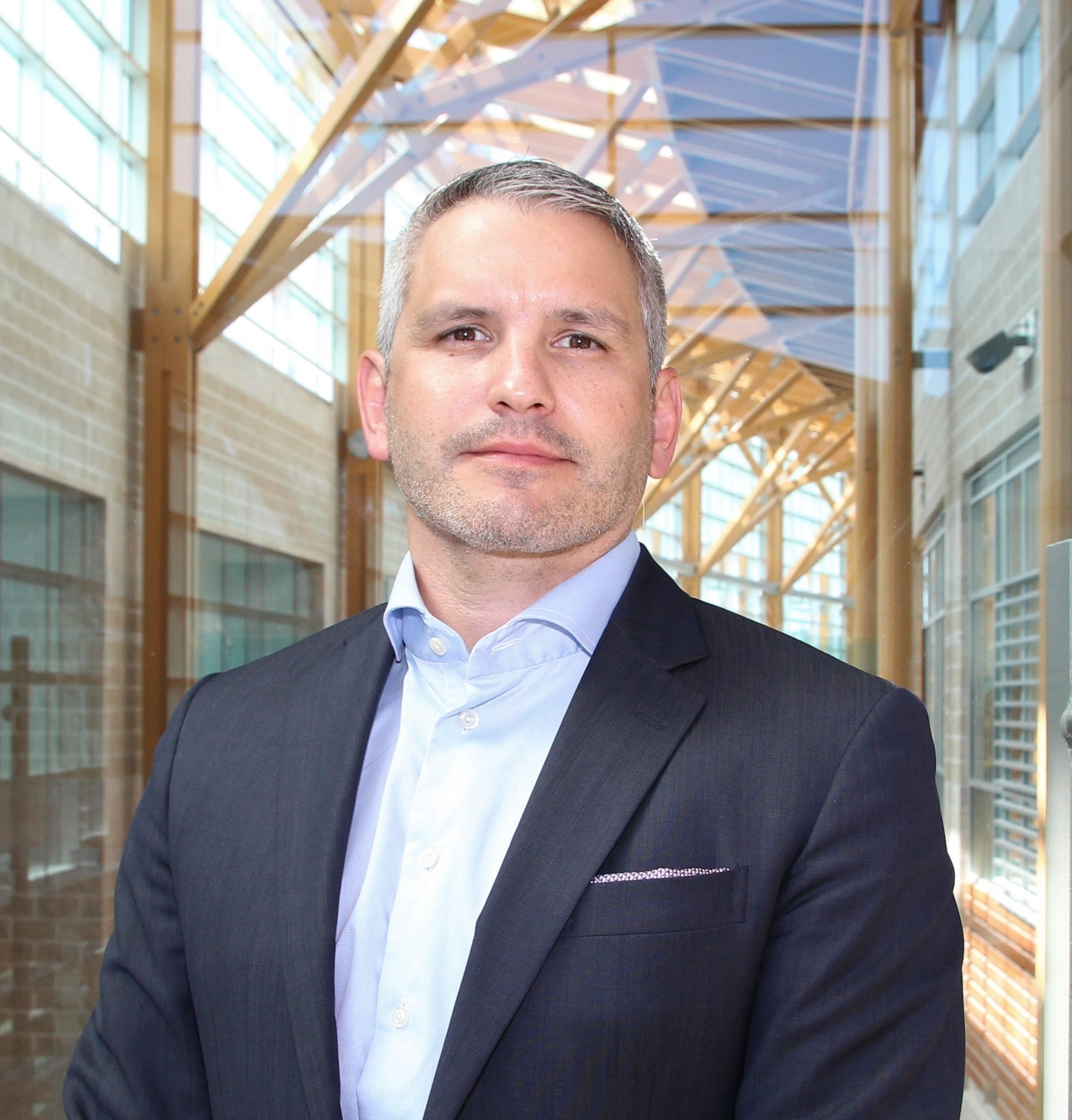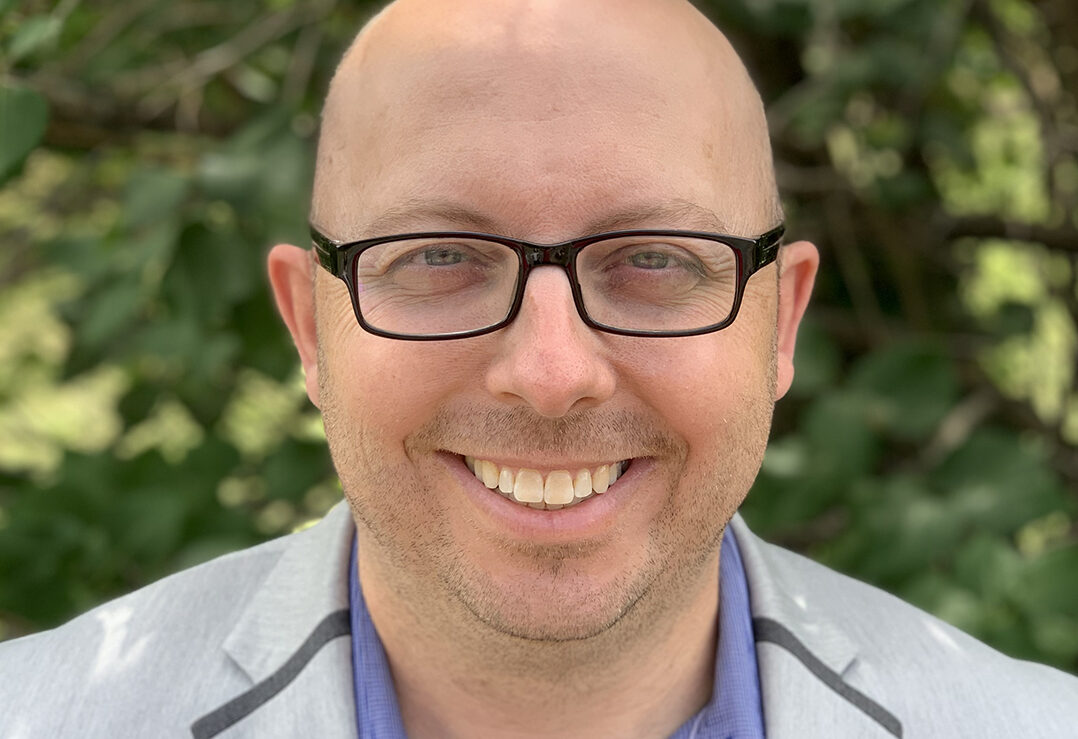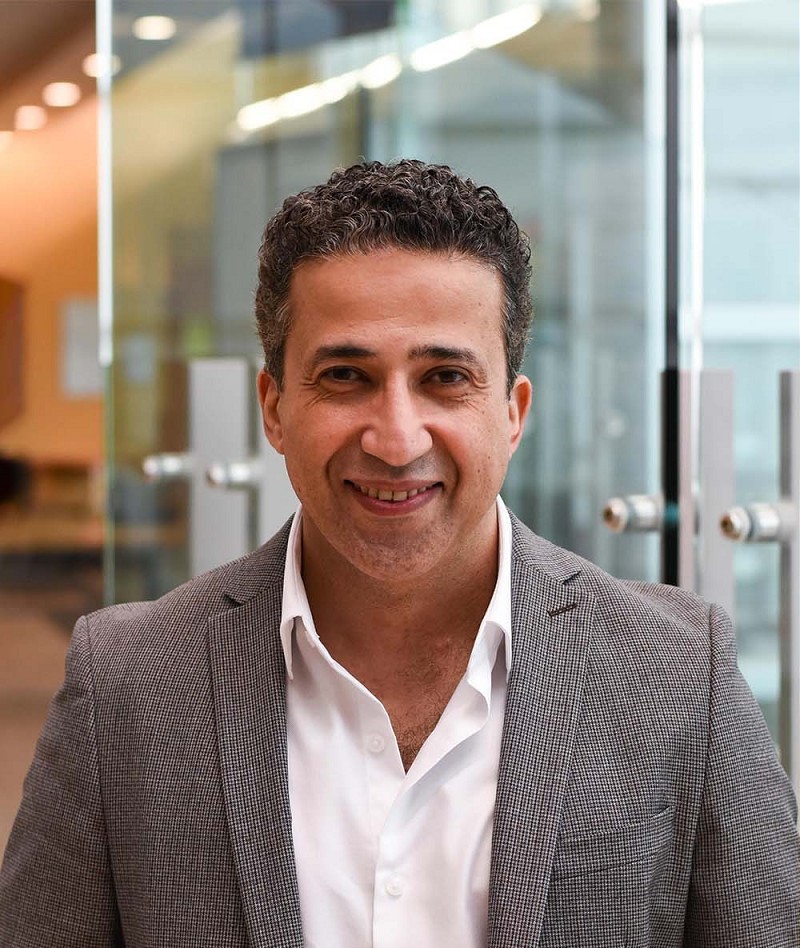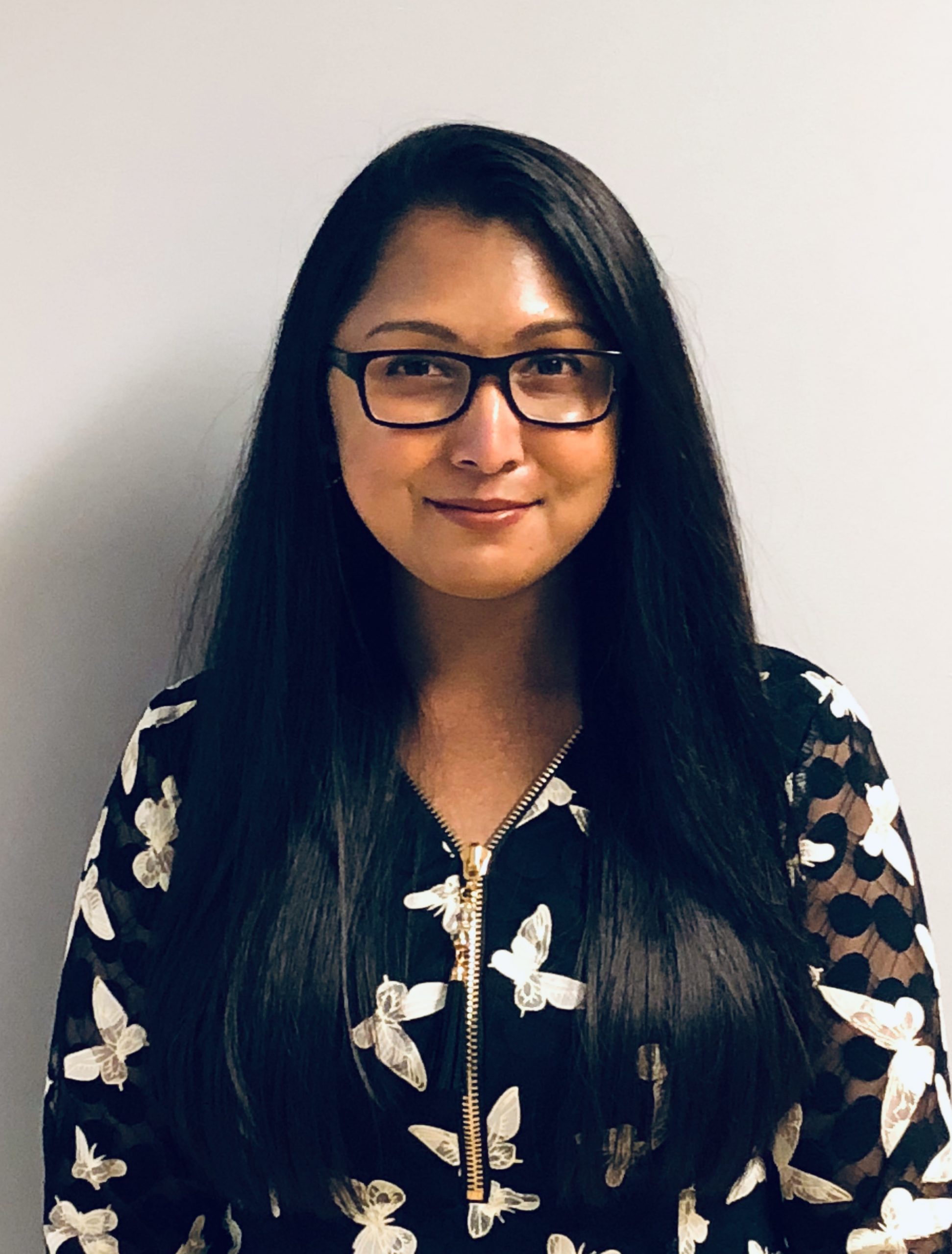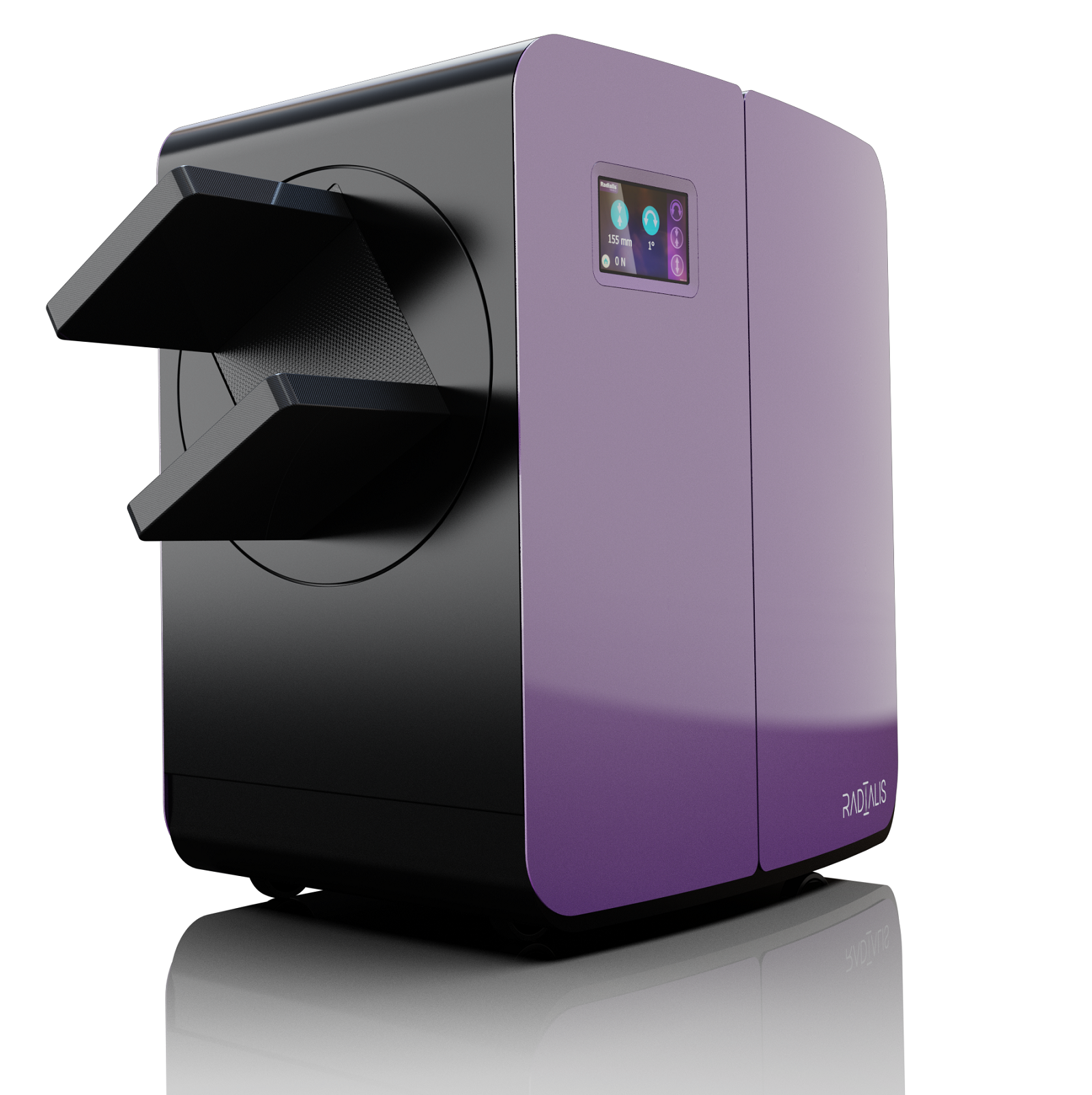Meet some of the best and brightest in our health research community by joining us for these virtual presentations via Webex.
The Application of the Adverse Events Severity System in Northwestern Ontario (March 21)
PRESENTED BY: Dr. Travis E. Marion, MD. MSc. BEd. FRCSC., Northern Ontario School of Medicine University (NOSMU), Division of Clinical Sciences, Thunder Bay Campus, Program Director, Division of Orthopedic Surgery, Assistant Professor
DATE: March 21, 2024
TIME: 3:00 p.m. – 4:00 p.m.
LOCATION: Online event via Webex
ABOUT THE SPEAKER:
Dr. Marion, MD. MSc. BEd. FRCSC. is an orthopaedic surgeon who has been practicing at Thunder Bay Health Sciences Centre, and regional centres since 2017. He is an assistant professor in the Division of Clinical Sciences at NOSM University and is the current Spine Surgery Medical Lead at the TBRHSC.
Dr. Marion is an active member in multiple medical societies including the Canadian Orthopaedic Association (COA), Canadian Spine Society (CSS), Canadian Orthopaedic Trauma Society (COTS), and the Orthopaedic Trauma Society (OTA).
Dr. Marion has international clinical experience, and actively participates in various multinational studies. As the recipient of multiple grants, his research interests include adverse events, and quality improvement as it pertains to delivery of orthopaedic and spine care within Northwestern Ontario. He has presented his work nationally and internationally, and his research has garnered multiple awards.
MEETING LINK: https://thunderbayhospitals.webex.com/thunderbayhospitals/j.php?MTID=m07294d3718773bbcb2c64af458f748ce
MEETING NUMBER (ACCESS CODE): 2348 188 3149
MEETING PASSWORD: TM21
TAP TO JOIN FROM A MOBILE DEVICE (ATTENDEES ONLY)
+1-613-714-9906,,23481883149##
Canada Toll (Ottawa)
+1-647-484-1598,,23481883149##
Canada Toll (Toronto)
Using billing data to describe physician practices for health human resource planning (February 22)
PRESENTED BY: Dr. David Savage, MD, PhD, CCFP(EM) Emergency Physician, Thunder Bay Regional Health Sciences Centre, Assistant Professor, NOSM University.
DATE: February 22, 2024
TIME: 3:00 p.m. – 4:00 p.m.
LOCATION: Online event via Webex
ABOUT THE SPEAKER:
Dr. David Savage is a graduate of NOSM University and an Emergency Physician at Thunder Bay Regional Health Sciences Centre. His research is currently focused on northern and rural health and health human resource planning.
MEETING LINK: https://thunderbayhospitals.webex.com/thunderbayhospitals/j.php?MTID=m5f732046667d07d1ab2de1b37a0989fd
MEETING NUMBER (ACCESS CODE): 2341 234 6702
MEETING PASSWORD: DS22
TAP TO JOIN FROM A MOBILE DEVICE (ATTENDEES ONLY)
+1-613-714-9906,,23412346702##
Canada Toll (Ottawa)
+1-647-484-1598,,23412346702##
Canada Toll (Toronto)
My Bladder Health Matters (January 25)
PRESENTED BY: Dr. Hazem Elmansy, MD, MSc, FRCSC, Associate Professor & Program Director of the Minimally Invasive Urologic Surgery Fellowship Program, NOSM University
DATE: January 25, 2024
TIME: 3:00 p.m. – 4:00 p.m.
LOCATION: Online event via Webex
ABOUT THE SPEAKER:
Dr. Hazem Elmansy is an Associate Professor and Program Director of the Minimally Invasive Urologic Surgery Program at NOSM University. He joined Thunder Bay Regional Health Sciences Centre’s Urology department in May 2017 after completing his Urology residency at McGill University and training in endourology (including Percutaneous Nephrolithotomy for complex stone management, laser surgery for the prostate and metabolic work-up to prevent stone disease recurrence). In October 2017, Dr. Elmansy performed the first Holmium laser enucleation of the prostate (HoLEP) procedure in Ontario. He has a strong passion for research and has co-authored over 30 peer-reviewed publications, as well a chapter in Smith’s Textbook of Endourology. Dr. Elmansy is a coauthor of the Canadian Urological Association guidelines for the management of ureteric stones. His research contributions were recognized and awarded at both the American and Canadian Urological Association annual conferences.
MEETING LINK:
https://thunderbayhospitals.webex.com/thunderbayhospitals/j.php?MTID=m32513030c2198ff1f849890d8d626a83
MEETING NUMBER (ACCESS CODE): 2340 253 8991
MEETING PASSWORD: HE25
TAP TO JOIN FROM A MOBILE DEVICE (ATTENDEES ONLY)
+1-613-714-9906,,23402538991##
Canada Toll (Ottawa)
+1-647-484-1598,,23402538991##
Canada Toll (Toronto)
Research Support Services at Thunder Bay Regional Health Research Institute (December 7)
PRESENTED BY: Rabail Siddiqui, Research Development Coordinator, Thunder Bay Regional Health Research Institute
DATE: December 7, 2023
TIME: 3:00 p.m. – 4:00 p.m.
LOCATION: Online event via Webex
ABOUT THE SPEAKER:
Rabail Siddiqui has over five years of experience in research, ranging from basic sciences, to clinical and translational research. She has worked for the Orthopaedic Research Program at TBRHRI for the last three years and has been covering the position of Research Development Coordinator since May 2021. Rabail obtained her undergraduate degree in Biology and her Master of Public Health with a specialization in Epidemiology from Lakehead University. She recently completed a Master of Health Sciences (MHSc) in Translational Research from the University of Toronto.
MEETING LINK: https://thunderbayhospitals.webex.com/thunderbayhospitals/j.php?MTID=m343336546d55cde8e303a36241a175ba
MEETING NUMBER (ACCESS CODE): 2340 835 0581
MEETING PASSWORD: RS07
TAP TO JOIN FROM A MOBILE DEVICE (ATTENDEES ONLY)
+1-613-714-9906,,23408350581##
Canada Toll (Ottawa)
+1-647-484-1598,,23408350581##
Canada Toll (Toronto)


